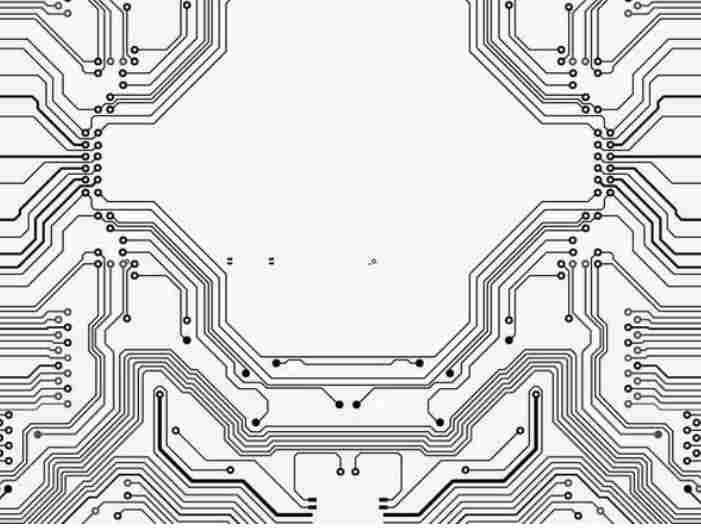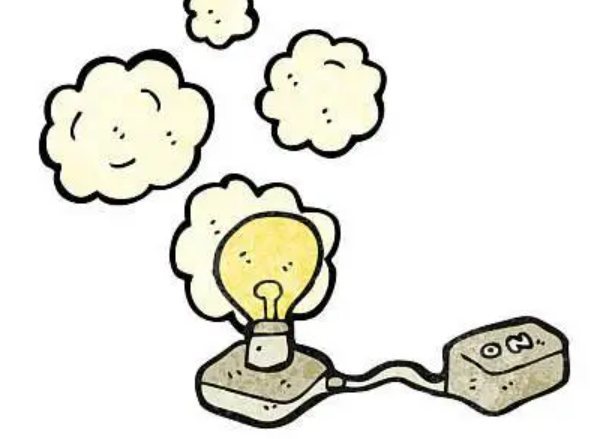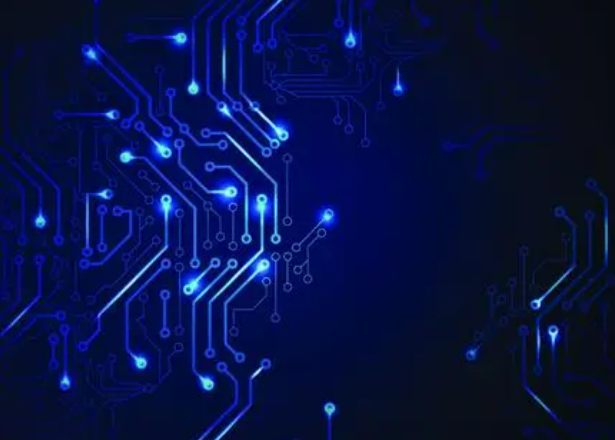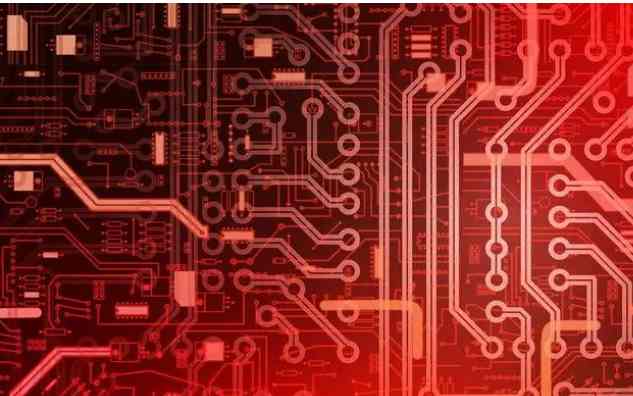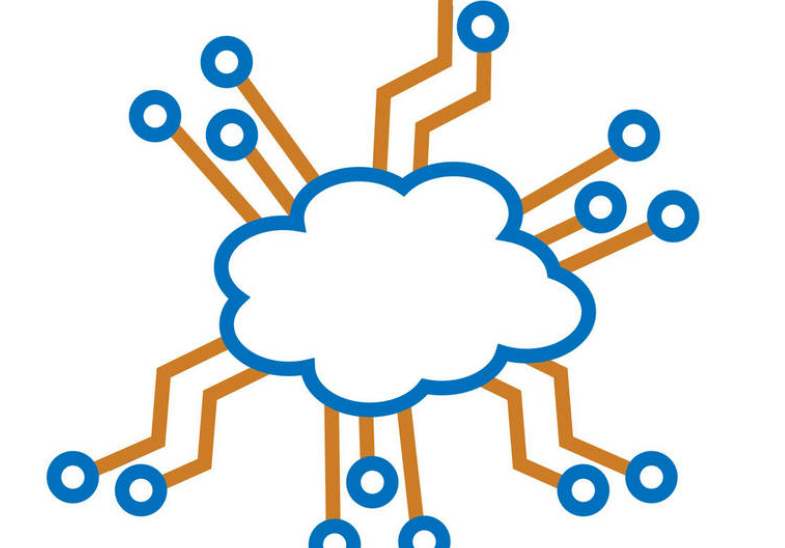
Static electricity about microelectronics operation damage is great, electronics factory on the protection of static electricity is often serious, but electronics factory why to prevent static electricity, static electricity to integrated circuit after all, how much damage, we may not understand very well, today's electrician home Xiao bian will give us a detailed introduction to the damage of static electricity on integrated circuit board.
First, the top of the electrostatic damage to the circuit board is electrostatic adsorption, it will constitute severe pollution, all know the circuit board production skills begged workshop clean workshop or ultra-clean workshop, but many domestic manufacturers are difficult to do a particle are not, but now begged dust particle size from the original 0.3μm down to 0.1μm, But assuming that the particle size of the adsorbed dust particles is larger than the width of the line, it is very simple to make the commodity obsolete.
The second is the damage of electrostatic discharge, it will constitute equipment breakdown damage, electrostatic discharge is the process of charge accumulation, when the charge accumulation to a certain degree, there is a conductor close to it will attack electrostatic discharge, assuming that the conductor equipment with a certain static power alone in or into the circuit module, it will be immediately breakdown, equipment by electrostatic attack will not immediately attack damage scene, But it will decrease its reliability, will bring the manufacturer will throw away.
The third is electronic annoyance, it will constitute damage, electrostatic discharge will radiate a lot of radio waves, and these waves are frequency, will be a great annoyance to the surrounding microprocessor, will constitute a program for chaos, material error, seriously affected the modern production of procedures.
Based on the above introduction, trust us to have a deeper understanding of electrostatic damage, especially colleagues engaged in electronic operations, so more detailed analysis of electrostatic damage to the integrated circuit board, more conducive to our electrostatic protection to make a very good difference.
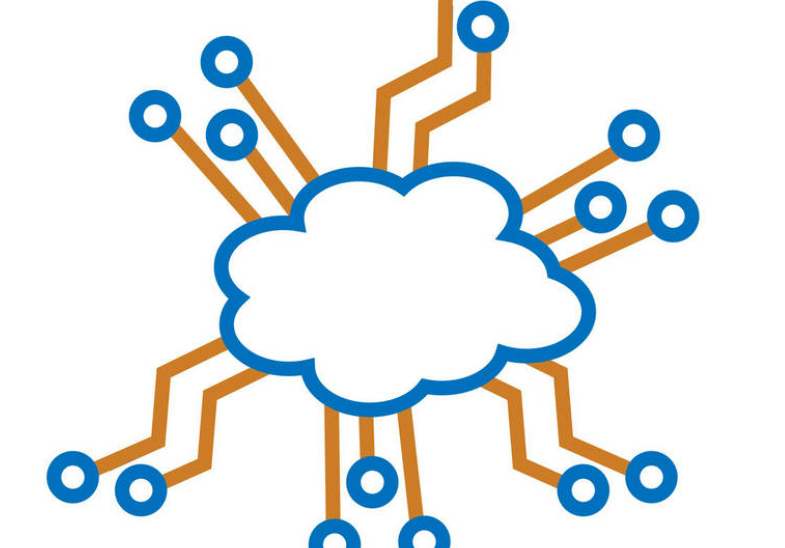
Obtain the desired results from the printed circuit board, which assists the space mission part
An important question to consider when designing printed circuit boards is "Will these boards perform as required in my application?" While it can easily simulate the intended use of small-scale PCBS, what do you do when you're dealing with a multi-million or multi-billion dollar project with no room for error? For the European Space Agency (ESA), the answer lies in checking PCBS for potential defects long before they are attached to equipment sent into space.
Obtain the desired results from the printed circuit board, which assists the space mission part
The Materials and Electronic Components Laboratory at ESA in the Netherlands microsectioned PCBS for use in resins and checked that they comply with strict spatial quality standards. As components and PCBS become smaller and more powerful, agents must make every effort to ensure that the boards used meet the needs.
The success or failure of any project depends on the quality of the components used. This means that without the right printed circuit board, you may not get the results you need. Having to go back to the drawing board takes valuable time and money. The following are areas to consider during the PCB design process that will help you in your quest for the perfect board:
Intended use
Desired operating temperature
Size limitation
Compliance requirements
Compatibility with various components
Multilayer board
A printed board with more than 3 layers of printed circuits printed on an insulating substrate is called a multilayer board. It is made of several thin layers of single or double panel teaching and its thickness is generally 1.2-2.5 m. In order to extract the circuit sandwiched in the middle of the insulating substrate, the holes for mounting components on the multilayer plate need to be metallized, that is, the inner surface of the holes is coated with a metal layer, so that it is connected to the printed circuit sandwiched in the middle of the insulating substrate.
The multilayer board structure is solid, and the components used in multilayer board are mostly chip type components, which are characterized by:
1, combined with integrated circuit, can make the machine miniaturized, reduce the weight of the machine;
2, improve the wiring density, reduce the spacing of components, shorten the signal transmission path;
3, reduce the welding points of components, reduce the failure rate,
4, add the shielding layer, the circuit signal distortion is reduced;
5, the introduction of ground heat dissipation layer, can reduce local overheating phenomenon, improve the reliability of the machine
Classified by the properties of the substrate
According to the properties of the substrate can be divided into rigid and flexible printed circuit boards.
Rigid printed board
Rigid printed board has a certain mechanical strength, with it assembled into a flat state of the parts. Rigid printed boards are commonly used in electronic products.
Flexible printed board
Flexible printed boards are made of soft laminated plastics or other soft insulating materials. It is made of parts that can be bent and telescopic, and can be bent according to installation requirements when in use. Flexible printed boards are generally used for special occasions, such as some digital multimeter display screen can be rotated, its interior is often flexible printed boards; The display, buttons, etc of a mobile phone.
For mobile phone flexible printed board, its base material is made of polyimide, and the surface is anti-oxidation treatment, the minimum line width and line distance is set to o. 1mm. Flexible printed board is the outstanding characteristics of bending, curling, folding, can connect rigid printed board and moving parts, so as to three-dimensional wiring, three-dimensional space interconnection, its small size, light weight, convenient assembly, suitable for small space, high assembly density of electronic products.
Classified by scope of application
According to the scope of application, printed circuit boards can be divided into low frequency and high frequency printed circuit boards.
The high frequency of electronic equipment is the development trend, especially in today's wireless network, satellite communication development, information products to high speed and high frequency, and communication products to large capacity and fast wireless transmission of voice, video and data standardization. Therefore, the development of a new generation of products need high frequency printed board, its foil substrate can be made of polyneon vinyl, vinyl, polystyrene, polytetrafluoroethylene glass cloth and other dielectric loss and dielectric constant small material composition.
Types of special printed boards
At present, there are also metal core printed board, surface mounted printed board, carbon film printed board and other special printed boards.
Metal core printed board
Metal core printed board is to replace epoxy glass cloth plate with a metal plate of equal thickness. After special treatment, the conductor circuit on both sides of the gold plate is connected to each other, and the metal part is highly insulated. The advantage of metal core printed board is good heat dissipation and dimensional stability, because aluminum, iron and other magnetic materials have shielding effect, can prevent interference with each other.
Surface mounted printed board
Surface mounted printed board is to meet the electronic products "light, thin, short, small" needs, with pin density post, low cost surface mounted device installation technology and the development of the printing lever. The printed board has the characteristics of small aperture, small line width and spacing, high precision and high substrate requirements.
Carbon film printed board
Carbon film printed board is a copper plated board made of conductor graphics, and then printed a layer of carbon film to form contact or jumper (resistance value in line with the requirements) of the printed board. It is characterized by simple production process, low cost, short cycle, good wear resistance, electrical conductivity, can make the single panel to achieve high density, miniaturization, lightweight, suitable for TV, telephone, video recorder and electronic organ and other products.


